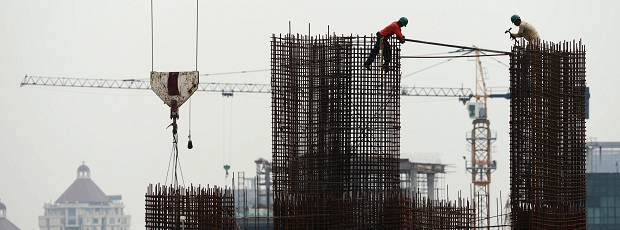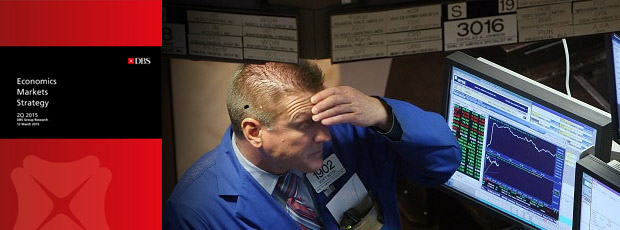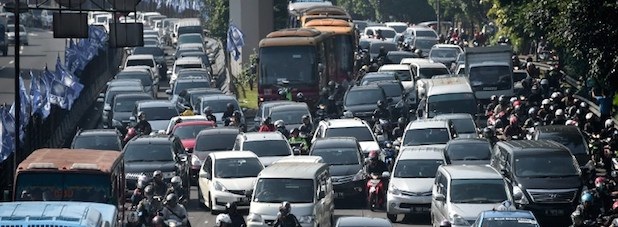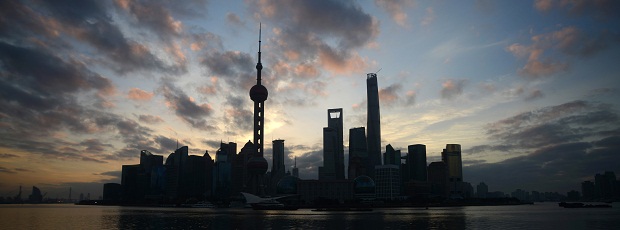05/26/2015
Indonesia / Infrastructure

Indonesia’s infrastructure sector appears to be the biggest beneficiary of President Joko “Jokowi” Widodo’s reforms.
Indonesia’s infrastructure sector appears to be the biggest beneficiary of President Joko “Jokowi” Widodo’s reforms. The most visible changes are in i) fuel subsidies, ii) capital injections, and iii) revisions to the land bill. The channelling of fuel subsidies to fund infrastructure was a good start. State-owned contractors should be direct beneficiaries of the increase in infrastructure spending (50% more than original budget, almost double last year’s budget), if it materialises. Jokowi’s 5-year development plan (RPJMN), which costs 5,519 trillion Indonesian rupiah, bears some similarities with the MP3EI (Masterplan for Acceleration and Expansion of Indonesia's Economic Development) but is more focused and 60% is skewed towards energy, maritime and roads.
There are strong expectations from contractors for the 290 trillion rupiah revised state budget to be rolled out next quarter. The initial March deadline was unrealistic, with part of the delay related to the finalisation of officers within the Ministries, which has been resolved. Most of the contractors are retaining their guidance, and will only revise them in the 2015 September quarter if projects are still not forthcoming.
State-owned contractors would need more capital to participate in the expected surge in infrastructure projects. Waskita Karya’s upcoming rights issue will raise 5.3 trillion (circa 30% of its market cap), while Wijaya Karya and PT PP have hinted at raising funds next year for investment projects.
There are also other lingering challenges. Despite revisions, the land acquisition bill remains the biggest obstacle to infrastructure development. There may also be insufficient funding – based on the RPJMN, 30% of the funds need to come from the private sector, but its historical contributions were much lower. And a potential shortfall in tax revenue could lead to spending cuts and delay planned infrastructure projects.
As such, we are more cautious this year as it will be a transitional year. Also, expectations are high and most of the positives have been priced in, as valuations remain high relative to earnings delivery thus far. The minimal cuts to consensus earnings also suggest expectations for a strong second half. Our top pick is PT PP, for its strong order book backlog, solid execution and less dependency on government projects .Its property arm will also support growth and enhance margins. We also like Wijaya Karya Beton as a direct proxy to the infrastructure boom, given its dominant lead in the precast industry. We maintain our negative stance on cement as i) we remain cautious on the property sector; ii) competition from new entrants will intensify next year; and iii) valuations remain high for companies with muted earnings growth.
To read the full report, download the PDF.




